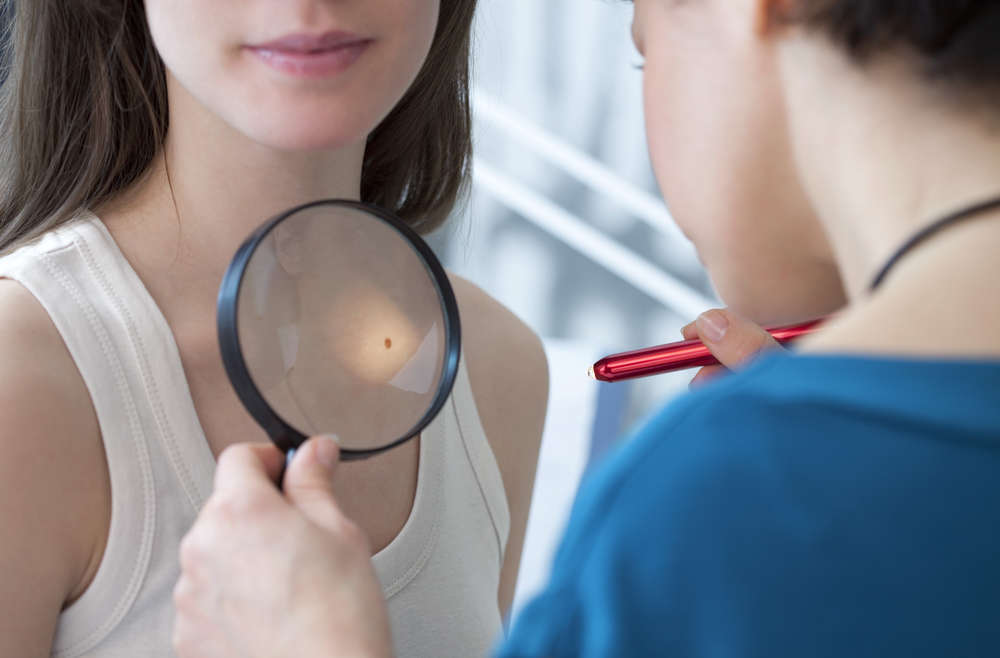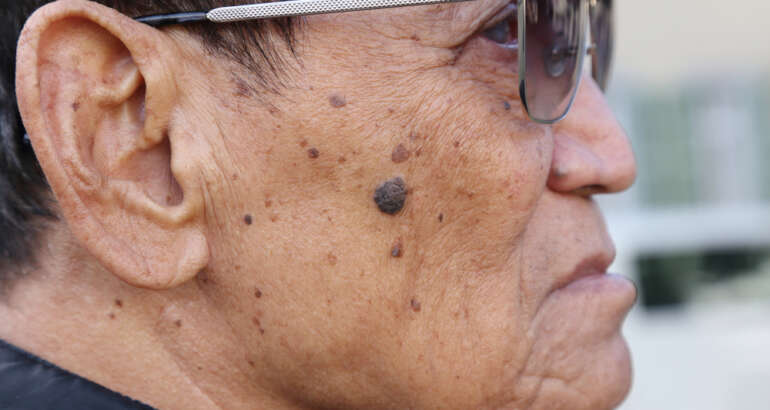Prior to undergoing a skin cancer treatment, it’s extremely important for patients to select the right specialist and understand the costs vs. benefits of the intended procedure.
As such, women and men who are Is Mohs Surgery Dangerous?, should carefully research the treatment and pose any and all questions to their surgeon.
These may include: How is Mohs surgery performed? How quickly will I have my results? What is the success rate? Is Mohs surgery dangerous?
To find out the answers to these questions and learn what patients can expect from the Mohs process, read on.
How Is Mohs Surgery Performed?
Mohs surgery is an outpatient skin cancer treatment performed in the comfort of your surgeon’s office.
Prior to the procedure, your surgeon will outline the lesion in ink. Next, he will inject a local anesthetic to numb the area, so you won’t feel anything during treatment.
Then, the surgeon uses a scalpel to remove the thinnest layer of tissue possible. The sample is processed on site and the surgeon is able to view the entire margin of tissue under a microscope.
If cancerous cells are detected, the surgeon will repeat the process until clear margins are achieved.
Is Mohs Surgery Dangerous?
Given the fact that this is a minimally-invasive procedure, patients often want to know: Is Mohs surgery dangerous?
In the hands of a board-certified dermatologist and fellowship-trained Mohs surgeon, like Dr. Johnathan Chappell, Mohs surgery is extremely safe.
Not only that, it is also very precise, removing ultra-thin layers and inspecting each section under a microscope.
In addition, because the physician acts as both the surgeon and pathologist, Mohs surgery offers a quicker and more efficient process compared to other procedures.
Finally, Mohs surgery has an impressive success rate. For the first-time treatment of standard tumors, the cure rate is 98-99 percent.
Schedule a Consultation for Mohs Surgery
If you are interested in Mohs Surgery, please call our office today to schedule a comprehensive consultation with board-certified dermatologist and fellowship-trained Mohs surgeon Dr. Johnathan L. Chappell.



